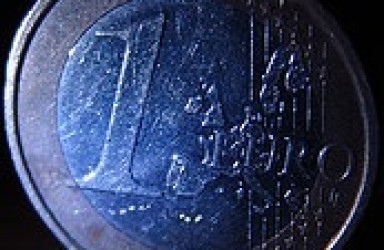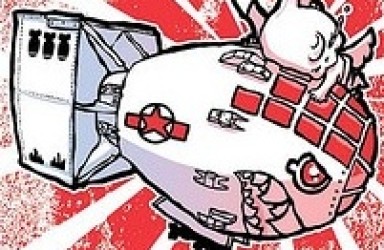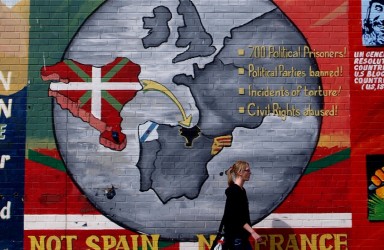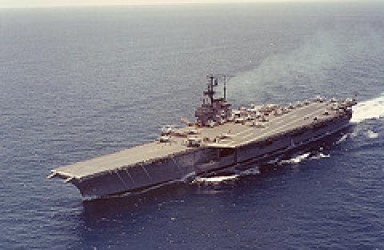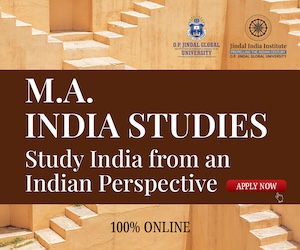The Single European Currency as a catalyst for integration within the EU
The Euro, by design and recent accident, has been a catalyst to integration within the EU, but with the caveat that this integration is unevenly distributed. Even if there are disparities in broader levels of integration, the determination to avoid failure has unified the euro-area members and non-members alike.
What does the Mafia success concept teach us?
Transnational organized criminal groups were ever since a darling of the sensation seeking media. But since the attacks of 9/11, criminal networks were moved even further into the spotlight, as the sources of income for the historically most deadly and horrific generation of global terrorism.
Why is the Maastricht Treaty considered to be so significant?
The Maastricht Treaty did not only reform the structure of the European Community (EC) through the establishment of a political union, and strengthen economic integration with the creation of the Economic and Monetary Union (EMU), but it also enabled the stabilisation of political tensions within Europe at the end of the Cold War, and integrated a unified Germany into the EU.
The Intensification of US Efforts to Build an Atomic Bomb
The mushroom cloud has retrospectively obscured the context in which American leaders took the decision to build and use the atomic bomb. The principle rationale behind the intensification of the Manhattan Project in the first half of 1945 was the desire of the US bureaucracy to end the war in the Pacific before the planned invasion of the Japanese mainland in November 1945.
The Evolution of Terrorism as a Tool of Political Change
Terrorist organizations have become more effective in delivering fear to global populations. It is not only globalization that has helped terrorist groups operate more efficiently, but also their inherited nature of a constant process of adaptation, ingenuity, and incrementalism when faced with new grand strategies.
An Undemocratic Hong Kong?
Interestingly, Hong Kong already has institutions that underlie democracy but it is still yet to be legitimate. This poses the key question; if Hong Kong has institutions that do to some extent, simulate a democracy, what has prevented full transition for Hong Kong to become a legitimate democracy?
Why has a negotiated settlement been possible in Northern Ireland and not the Basque conflict?
A case can be made that a negotiated settlement has been possible in Northern Ireland due to an inclusive political strategy and acceptance of compromise, whereas the Basque situation has not been conductive to a settlement due to the government pursuing an exclusionary position towards ETA and radical nationalist political groups.
Is the Sudan conflict best understood in terms of race, religion, or regionalism?
Both the enormous diversity within Sudan in combination with the lack of a substantial “Sudanese” identity accounts for the prevalence of conflict. This absence of a widely accepted and omnipresent state identity also explains how identity is formed in relation to hegemony.
Unstable Peace in the Pacific
In discussions of U.S. hegemony in the Asia-Pacific region, China looms large. The United States—along with many of China’s neighbors—have cautiously embraced China’s rise. However tensions in the region have been on the rise and the potential for strategic rivalry in the long run remains high.
Is the anarchical international system the cause of war?
When thinking about anarchy in international relations, we have to consider world order and how it is organised. Can an anarchical system be ordered? The cause of war is not only systemic, but via the fact that states can generate conflicts by their own choice, mainly because of self-interest and a thirst for power.
